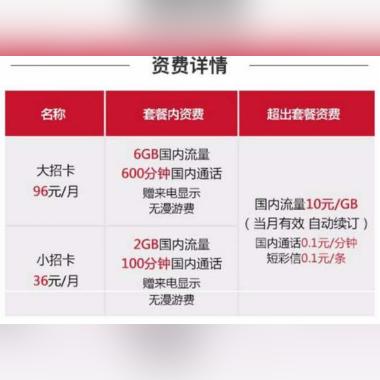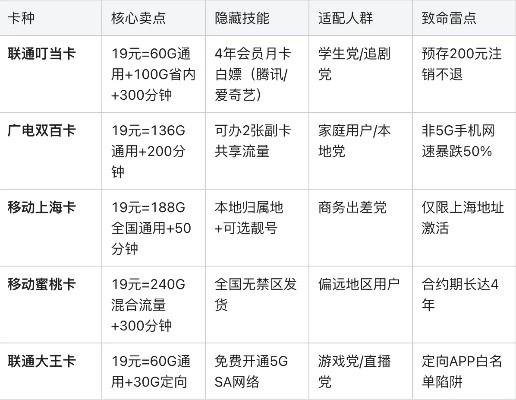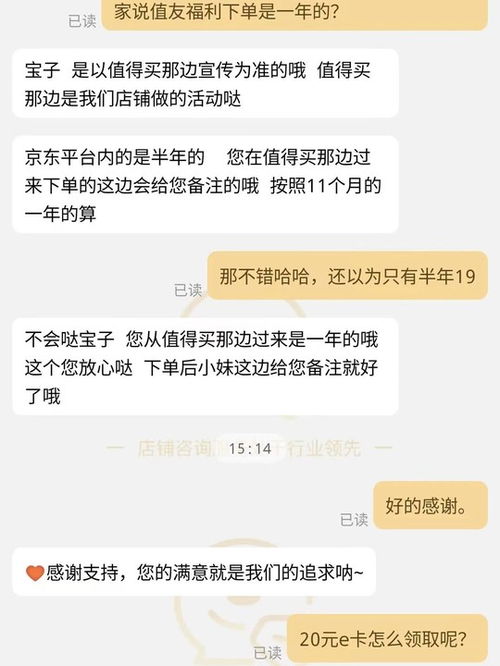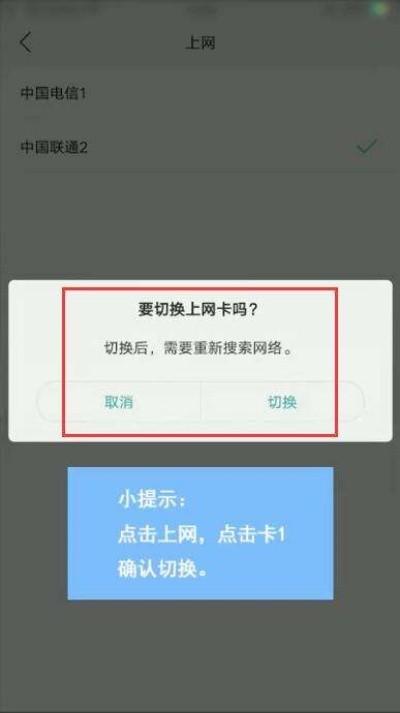19元移动流量卡的致命缺陷,why you should avoid the cheap data plans


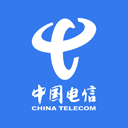
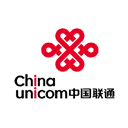
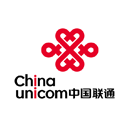
19元移动流量卡的使用存在多个致命缺陷,这些特点可能导致用户的使用体验非常差,这类流量卡的流量质量不稳定,容易出现断网或信号差的情况,尤其是在城市或高流量区域,19元流量卡的套餐往往容量有限,容易在短时间内用完,导致用户不得不频繁更换流量卡,增加不必要的费用,这些流量卡的套餐外流量使用费用通常较高,且流量使用限制严格,容易超出预期,产生额外费用,建议用户避免使用廉价的流量套餐,选择更可靠的高质量流量服务。
本文目录导读:
- Limited Data Volume: The Hidden Trap
- Ridiculous Data Usage Limits
- Expensive Out-of-Schema Fees
- Low-Ball Operators: A Hidden Monopoly
- Overpriced Marketing: A Hidden Trap
- Lack of Competition: The Hidden Advantage
- Conclusion: Why You Should Avoid 19 Yuan Mobile Data Cards
In today's data-driven world, mobile data has become a lifeline for millions of people. With the proliferation of affordable smartphones and low-cost plans, many consumers are drawn to the convenience and affordability of cheap data plans. However, the seemingly attractive price of 19 yuan mobile data card often hides serious flaws that can harm your internet experience. This article will explore the hidden dangers of such low-cost data plans and help you make an informed decision.
Limited Data Volume: The Hidden Trap
One of the most obvious drawbacks of a 19 yuan mobile data card is the limited data volume it offers. Many low-cost plans come with a modest 500MB or 1GB of data, which may seem sufficient for casual browsing or watching a few videos. However, in reality, this small amount of data can quickly run out, leaving you stuck with slow or unstable internet access.
For example, if you rely on your mobile data for navigation, streaming, or online shopping, a 19 yuan plan may not be enough. You may find yourself frequently reconnecting to the network, which can cause buffering and connectivity issues. Moreover, if you're using multiple devices or accounts on the same plan, the data will be split thin, further reducing the quality of your internet experience.
Ridiculous Data Usage Limits
Another major issue with cheap data plans is their unrealistic data usage limits. Many 19 yuan mobile data cards come with a paltry 100MB or even less of data, which is far below what most users actually need. If you're a heavy internet user, such as someone who streams videos, downloads large files, or uses multiple social media platforms simultaneously, this plan will leave you with little to no data left after a short time.
Imagine you're watching a high-definition movie on your smartphone. With only 100MB of data, you'll quickly hit the limit and be forced to switch to mobile data, which can be slow and unreliable. This can lead to frustration and a poor user experience, even though the plan was supposed to be affordable.

Expensive Out-of-Schema Fees
Another hidden cost of cheap data plans is the fees that come with exceeding the data limit. Many operators charge extra for any data usage beyond the plan's limit. These out-of-schema fees can add up quickly, especially if you're a heavy user who often exceeds your data allowance.
For example, if you have a 19 yuan plan with 500MB of data and you use 600MB in a month, you may be charged an additional 10 yuan or more for the extra 100MB. This can make the plan more expensive than expected, and you may end up paying more than you intended for your data usage.
Low-Ball Operators: A Hidden Monopoly
The mobile industry in China is dominated by a few major operators, each offering similar low-cost data plans. This market dominance has led to a situation where operators are forced to cut corners to attract customers. As a result, many of these plans are underfunded and underperforming, leading to a cycle of low-quality service.
For instance, some operators may cut corners on network infrastructure, leading to slow speeds and unreliable connectivity. Others may use aggressive marketing tactics to push their plans, even if they don't deliver on the promises. This creates a situation where consumers are left with a subpar service for a low price.
Overpriced Marketing: A Hidden Trap
Operators often use cheap data plans as a marketing tool to attract new customers. By offering a low price, they entice people to switch to their network, only to charge them more for additional services or overages. This creates a cycle of dependency, where customers are forced to pay more in the long run.
For example, you may sign up for a 19 yuan plan with 500MB of data, only to be charged an additional 10 yuan for unlimited SMS or 10 yuan for international roaming. This makes the plan more expensive than it initially seemed, and you may end up paying well over 100 yuan a month for what was supposed to be a budget-friendly option.
Lack of Competition: The Hidden Advantage
The mobile industry in China is highly competitive, but some operators have capitalized on the low-cost plans to gain a significant market share. This has led to a situation where consumers are often stuck with subpar service, even when better options are available.
For instance, some operators have invested heavily in network infrastructure and technology, allowing them to offer faster speeds and more reliable connectivity. However, these operators may charge a higher price for their plans, making them less attractive to budget-conscious consumers.
Conclusion: Why You Should Avoid 19 Yuan Mobile Data Cards
In conclusion, cheap mobile data cards like the 19 yuan variety are often a bad deal in the long run. They come with hidden flaws such as limited data volume, unrealistic usage limits, and hidden fees that can add up quickly. Additionally, the lack of competition and aggressive marketing tactics used by operators make these plans even more problematic.
If you're looking for affordable mobile data, it's worth considering higher-tier plans that offer better value for money. These plans may cost more initially, but they can save you money in the long run by providing faster speeds, more reliable connectivity, and better customer service.
In the end, it's always better to pay a little more for a plan that delivers on the promises of fast and reliable internet. After all, a good internet connection is an essential tool for staying connected in today's world.

- 流量卡选择指南,目前最便宜又最好的流量卡推荐
- 苹果手机流量卡顿问题,在哪里查看和解决?
- 飞young19元纯流量云卡,让你的网络体验更上一层楼!
- 如何给手机装上流量卡
- 公司手机卡套餐超流量怎么办?这些实用技巧让你轻松应对!
- 港澳购买流量卡最省钱攻略
- 小米流量卡推荐哪款手机?这些机型值得考虑!
- 流量卡什么公司实惠又便宜?这些运营商值得考虑
- 19元4G流量王,移动套餐性价比新标杆!
- 电信19元无限流量卡,性价比之王,值得拥有!




